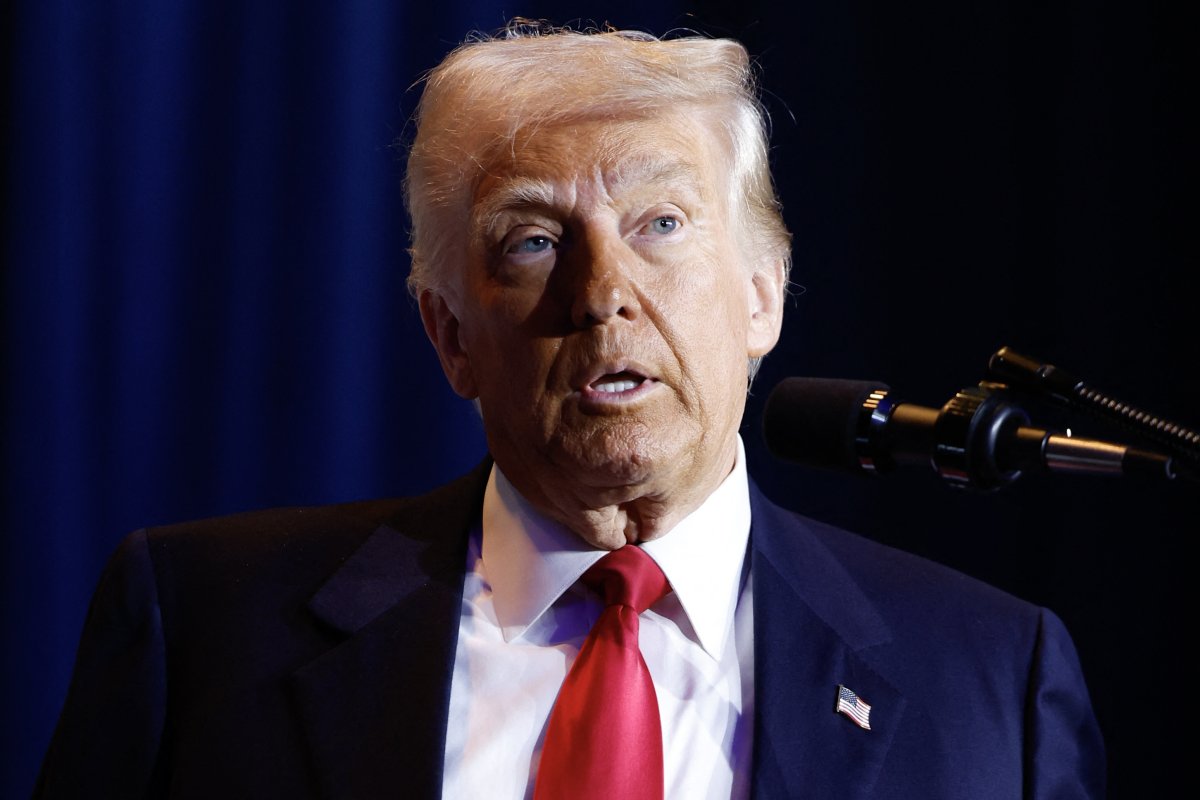
President Donald Trump signed an executive order on Friday promoting the resettlement of a portion of South Africa’s white minority known as Afrikaners to the United States, but groups representing them made it clear on Saturday that they aren’t going anywhere.
Newsweek reached out to the White House via email for comment on Sunday.
Why It Matters
Trump’s executive order, which also cut off foreign aid to South Africa, was made in response to the country’s new law allowing the government to take away land from people in instances where it is not being used or where redistributing it would be in the public interest.
The law is meant to right some wrongs of the country’s apartheid past when Black people’s land was expropriated and they were forced to live in designated non-white areas.
Trump also cited in his order South Africa’s undermining of U.S. foreign policy like when it accused Israel, a U.S. ally, of conducting genocide against the people of Gaza in its war with Hamas in the International Court of Justice in January 2024.
In the order, Trump accused South Africa of “government-sponsored race-based discrimination,” which he said includes the confiscation of property from Afrikaners without compensation.
South Africa has denied any coordinated attacks on its white farmers and claimed Trump’s order was “a campaign of misinformation and propaganda.”
White people, including Afrikaners of mainly Dutch descent, and white South Africans of British or other origins, comprise roughly 7 percent of South Africa’s 62 million population.

Ting Shen/AFP via Getty Images
What To Know
Dirk Hermann, chief executive of the Afrikaner trade union Solidarity, said at a press conference on Saturday, “Our members work here, and want to stay here, and they are going to stay here.”
“We are committed to build a future here. We are not going anywhere,” Hermann added.
Solidarity says it represents about 2 million people.
Kallie Kriel, the CEO of the Afrikaner lobby group AfriForum, also voiced support from the white minority to stay in South Africa.
“We have to state categorically: We don’t want to move elsewhere,” Kriel said.
While Solidarity and AfriForum made it clear that they are staying in South Africa, they and others have strongly opposed the land expropriation law. These groups argue that the law targets land owned by white South Africans who have worked for years to develop it.
What People Are Saying
A spokesperson for South African President Cyril Ramaphosa recently said: “South Africa is a constitutional democracy. We value all South Africans, Black and white. The assertion that Afrikaners face arbitrary deprivation and, therefore, need to flee the country of their birth is an assertion devoid of all truth.”
On Monday, Ramaphosa wrote on X, formerly Twitter: “The South African government has not confiscated any land,” adding, “We look forward to engaging with the Trump administration over our land reform policy and issues of bilateral interest.”
South Africa’s Foreign Ministry said in a statement on Saturday: “It is ironic that the executive order makes provision for refugee status in the U.S. for a group in South Africa that remains amongst the most economically privileged, while vulnerable people in the US from other parts of the world are being deported and denied asylum despite real hardship.”
What Happens Next
Trump directed U.S. Secretary of State Marco Rubio and Homeland Security Secretary Kristi Noem to take steps to “prioritize humanitarian relief,” which includes the admission and resettlement of Afrikaners through the United States Refugee Admissions Program (USRAP) in Friday’s executive order.
The USRAP was closed by an executive order signed by Trump late last month “until such time as the further entry into the United States of refugees aligns with the interests of the United States.”
The reason for the USRAP suspension given at the time was that America “lacks the ability to absorb large numbers of migrants, and in particular, refugees, into its communities in a manner that does not compromise the availability of resources for Americans, that protects their safety and security, and that ensures the appropriate assimilation of refugees.”
This article includes reporting from The Associated Press.





